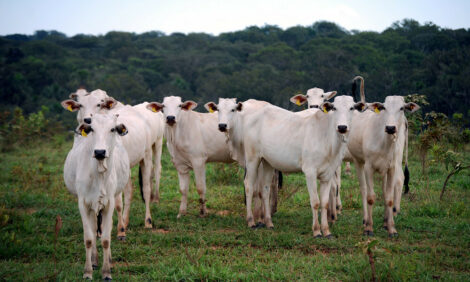



Consider Tax Implications Of Farm Liquidation
US - A farmer facing liquidation or some type of debt restructure may trigger a number of unintended income tax consequences. Since debt restructuring and liquidations are on the rise in Minnesota, it’s a good time to look at what the tax rules mean to farmers facing such situations.
Farm liquidation
Liquidation of a farm business without multi-year planning can be very costly. In a forced liquidation, deferred income and pre-paid expenses can contribute to generating a significant tax liability.
Grain and feeder livestock sales are the most expensive. Land and raised breeding stock are taxed as capital gains (assuming holding periods have been met). Machinery and purchased breeding stock are taxed mostly as depreciation recapture. Depreciation recapture is the tax that is generated from the sale of a farm asset that has been depreciated.
Bankruptcy/debt forgiveness
Full or partial cancellation of a debt is generally considered income for tax purposes. It is important to note that a bankruptcy proceeding does not discharge income tax liability.
There are two general instances when cancellation of farm debt is not considered income for tax purposes. Please consult with legal counsel for additional provisions.
The first instance is when a farmer who is solvent (assets exceed liabilities) can exclude cancellation of qualified farm debt from his or her income. In this case, the farmer is treated as being insolvent (liabilities exceed assets) and the resulting cancellation of farm debt is not included in taxable income. Qualified farm indebtedness is debt from an unrelated lender who is regularly engaged in the business of lending money, and that is incurred directly in connection with farming if at least 50 percent of the taxpayer’s average annual gross receipts for the preceding three years is from the farming business.
The second instance when a farmer may exclude from income a canceled farm debt is if the farmer is insolvent (liabilities exceed assets). For example, if a farmer has a negative net worth of -$150,000 and debt forgiveness of $100,000, the canceled farm debt is not taxable. This provision only works to the extent of the insolvency.


